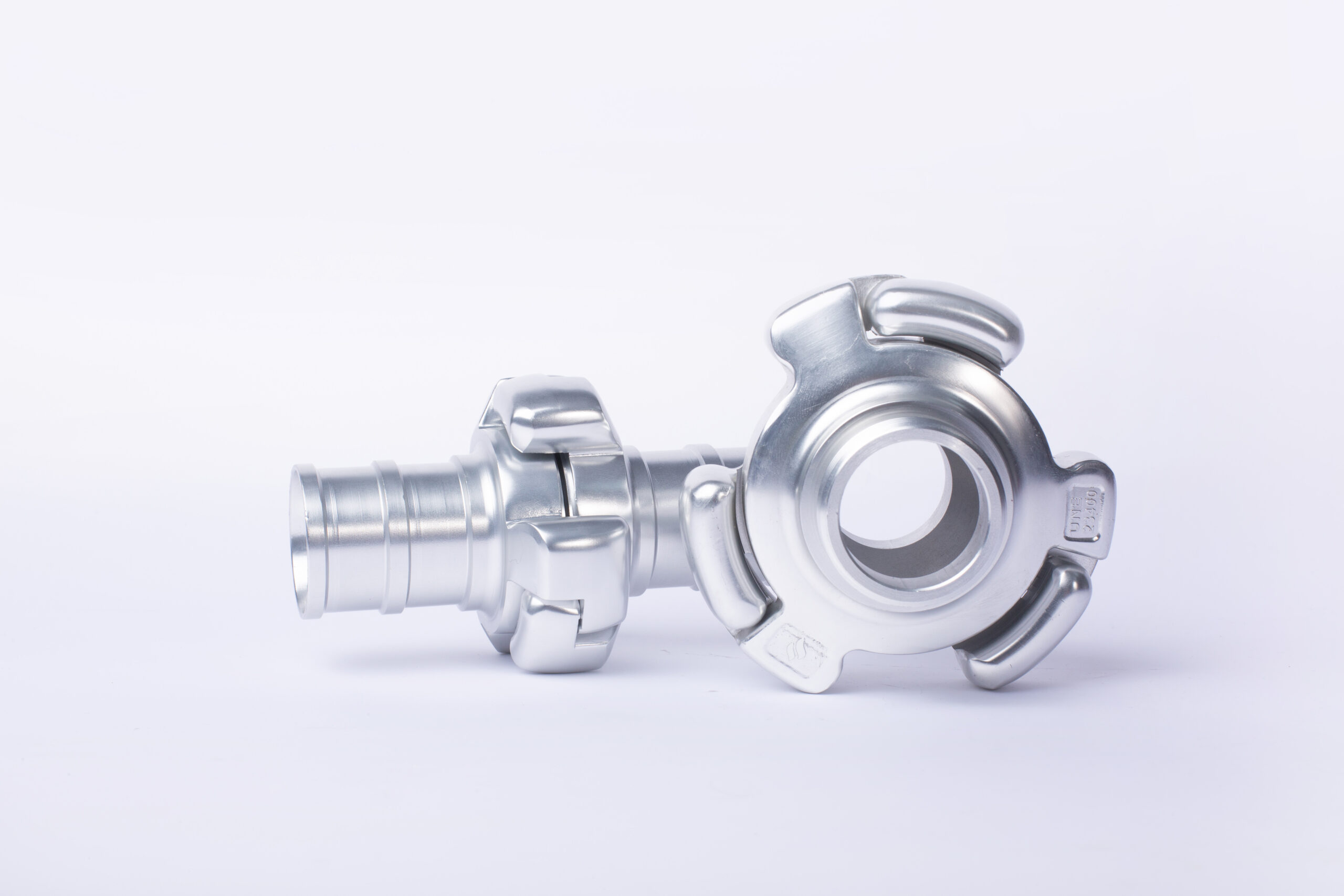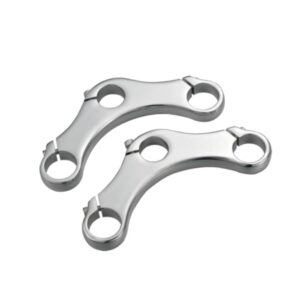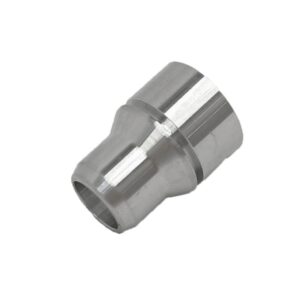Aluminum profiles are integral components in a wide range of industries, from construction and automotive to electronics and consumer goods. Their versatility, strength, and lightweight properties make them a popular choice for manufacturers and designers alike. In this article, we will provide an overview of aluminum profiles, exploring their definition, types, and the factors to consider when choosing the right profile for your needs. As a leading player in the aluminum industry, “MINGYU Tech” is dedicated to providing high-quality aluminum profiles that meet the diverse requirements of modern manufacturing and design.
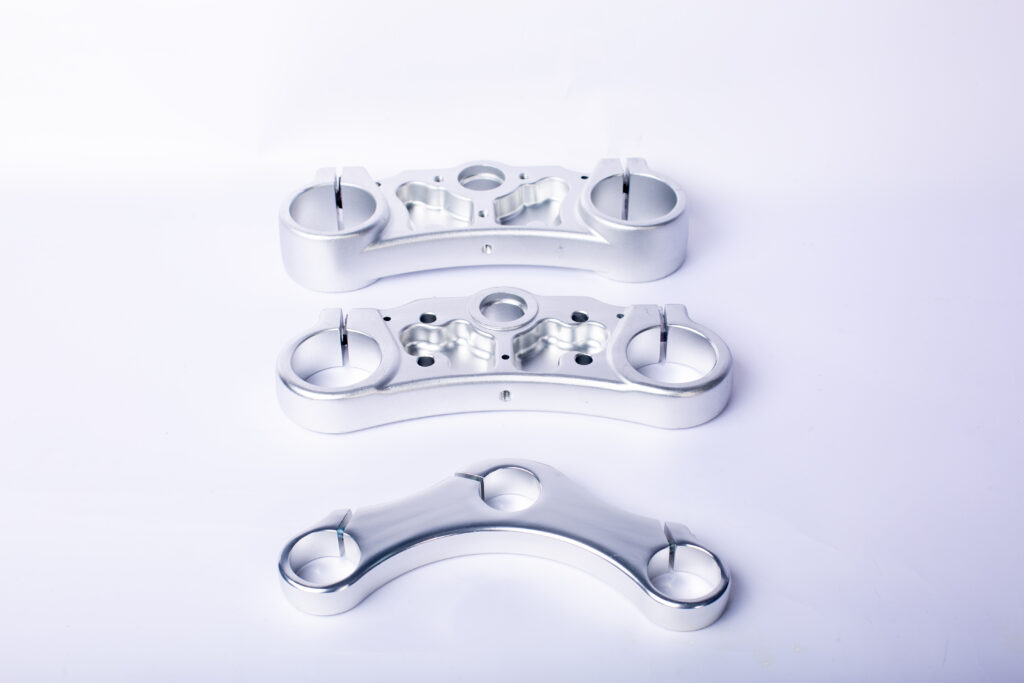
What Are Aluminum Profiles?
Aluminum profiles are extruded shapes made from aluminum alloys, designed to serve specific functions in various applications. The extrusion process involves forcing heated aluminum through a die to create a specific cross-sectional shape. This process allows for the creation of complex profiles with high precision and consistency.
Key Properties of Aluminum Profiles
- Lightweight: Aluminum is approximately one-third the weight of steel, making it an excellent choice for applications where weight reduction is crucial, such as in the automotive and aerospace industries.
- Corrosion Resistance: Aluminum naturally forms a protective oxide layer, making it resistant to corrosion. This property is particularly valuable in outdoor applications and in environments where the material is exposed to moisture or chemicals.
- Strength and Durability: Despite its lightweight nature, aluminum offers excellent strength and durability, especially when alloyed with other elements. It can withstand significant stress without deforming, making it ideal for structural applications.
- Thermal and Electrical Conductivity: Aluminum is an excellent conductor of both heat and electricity, making it suitable for applications in the electronics and HVAC industries.

Types of Aluminum Profiles
Aluminum profiles come in a variety of shapes and sizes, each tailored to specific applications. Below are some of the most common types:
- Standard Profiles
- Overview: Standard profiles include basic shapes like angles, channels, tubes, and beams. These profiles are widely used in construction, framing, and support structures.
- Applications: Commonly used in building frameworks, window and door frames, and general structural support in various industries.
- Custom Profiles
- Overview: Custom profiles are designed to meet specific OEM/ODM requirements. These profiles are tailored to the exact dimensions and functional needs of a particular application.
- Applications: Often used in specialized equipment, automotive components, and consumer electronics where unique shapes and features are required.
- Modular Profiles
- Overview: Modular profiles are designed for easy assembly and disassembly, often used in applications that require flexibility and reconfiguration.
- Applications: Common in modular furniture, assembly lines, and exhibition stands.
- Heat Sink Profiles
- Overview: Heat sink profiles are designed with fins or other features that increase surface area, allowing for efficient heat dissipation.
- Applications: Widely used in electronic devices, LED lighting, and HVAC systems to manage heat generated by components.
- T-Slot Profiles
- Overview: T-slot profiles feature a T-shaped groove that allows for easy attachment of components and accessories. These profiles are highly versatile and used in various applications.
- Applications: Commonly used in machinery frames, workstations, and custom tooling setups.

How to Choose the Right Aluminum Profile
Selecting the right aluminum profile involves considering several factors, including the application requirements, material properties, and cost performance. Here are some key considerations to help you make an informed decision:
1. Application Requirements
The first step in choosing an aluminum profile is understanding the specific requirements of your application. Consider factors such as load-bearing capacity, environmental exposure, and the need for customization.
- Load-Bearing Capacity: If your application involves significant structural loads, you’ll need a profile that offers high strength and stability. For example, heavy-duty construction projects may require reinforced beams or channels.
- Environmental Exposure: For outdoor or corrosive environments, choosing an aluminum alloy with enhanced corrosion resistance is essential. Profiles made from 6063 aluminum alloy, known for its excellent corrosion resistance and smooth finish, are ideal for such applications.
- Customization Needs: If your project has unique design requirements, consider opting for custom profiles. MINGYU Tech offers comprehensive R&D and design services to create profiles tailored to your exact specifications.
2. Material Properties
Different aluminum alloys offer varying properties in terms of strength, corrosion resistance, and machinability. Understanding these properties is crucial for selecting the right profile.
- Alloy Selection: Common alloys like 6061 and 6063 are widely used due to their balance of strength, corrosion resistance, and ease of fabrication. 6061 is often chosen for structural applications requiring higher strength, while 6063 is preferred for architectural applications due to its superior surface finish.
- Thermal and Electrical Conductivity: For applications requiring efficient heat or electrical conductivity, such as heat sinks or electrical enclosures, choosing an alloy that maximizes these properties is crucial. Aluminum alloys typically offer thermal conductivity in the range of 170-230 W/mK, depending on the specific alloy and temper.
3. Cost Performance
While aluminum profiles offer excellent performance, cost is always a factor to consider. Balancing the initial investment with long-term benefits, such as durability and reduced maintenance, is key.
- Budget Considerations: If cost is a significant concern, standard profiles may offer the best balance between performance and affordability. Custom profiles, while more expensive upfront, can provide long-term savings through optimized design and reduced material waste.
- Supply Chain Efficiency: Working with a reliable supplier like MINGYU Tech ensures a steady supply of high-quality aluminum profiles, reducing lead times and ensuring that your project stays on schedule.
4. Supplier Selection
Choosing the right supplier is as important as selecting the right profile. A reputable supplier will offer high-quality products, reliable delivery, and excellent customer service.
- Reputation and Experience: MINGYU Tech has a proven track record as a leading supplier of aluminum profiles, with a focus on innovation and customer satisfaction. Our extensive experience in the industry allows us to provide tailored solutions that meet the specific needs of our clients.
- Global Reach: With an expanding global market, including China, it’s essential to choose a supplier with a strong distribution network. MINGYU Tech’s global presence ensures that our products are available wherever they are needed, backed by comprehensive support and after-sales service.
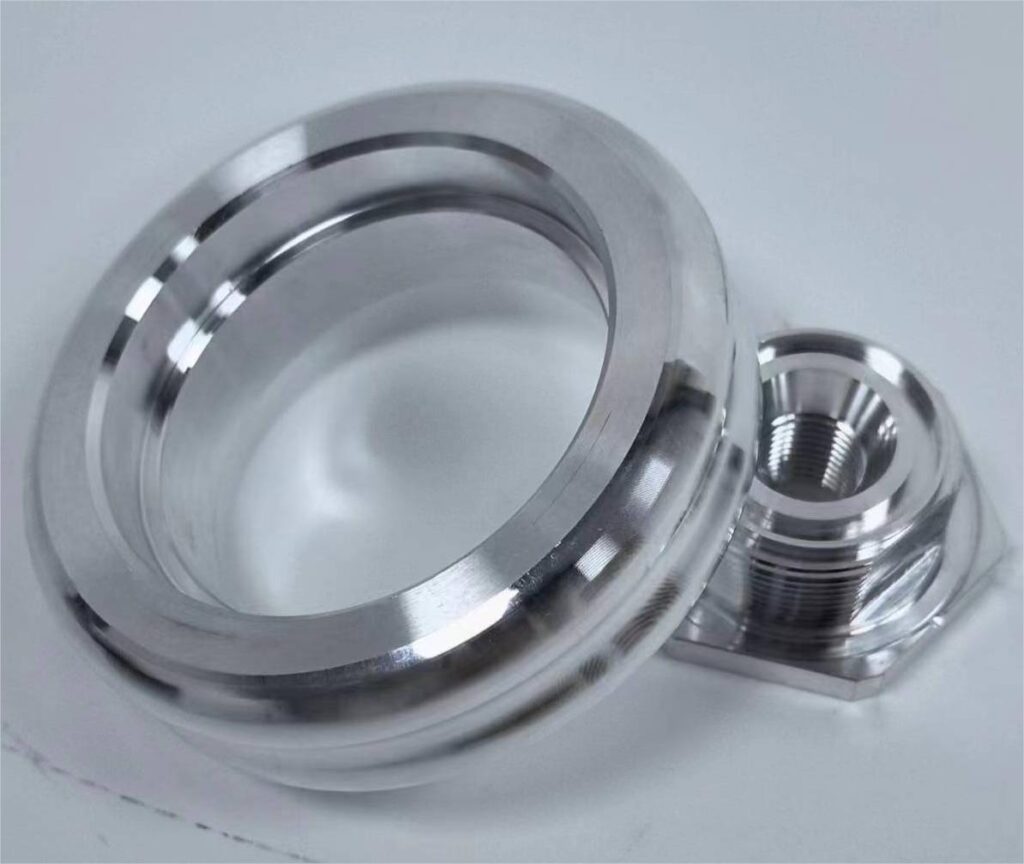
Conclusion
Aluminum profiles are a versatile and essential component in a wide range of industries. By understanding the different types of profiles and considering factors such as application requirements, material properties, and cost performance, you can select the right profile for your project. MINGYU Tech is committed to providing high-quality aluminum profiles that meet the diverse needs of our customers, supported by our extensive R&D and design capabilities. Whether you require standard profiles or custom solutions, we are here to help you achieve the best results for your application.
Product: Aluminum Cycling

